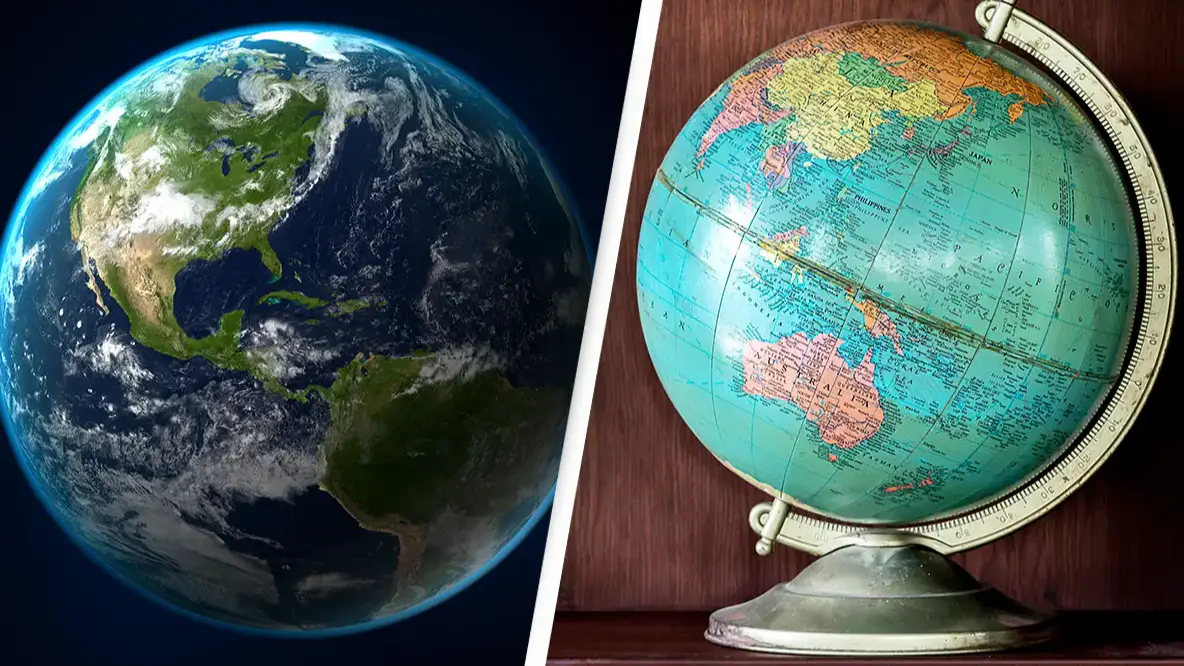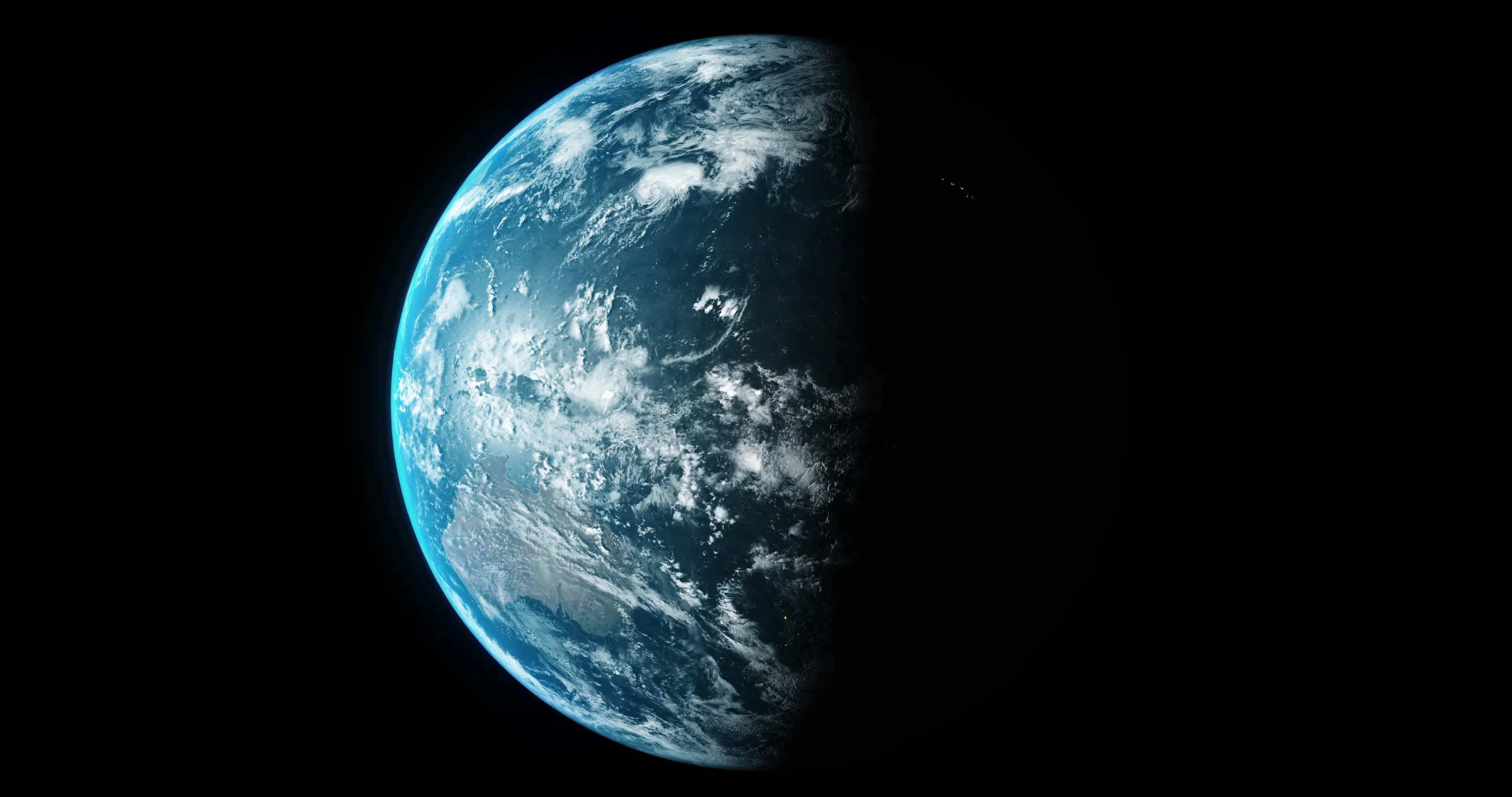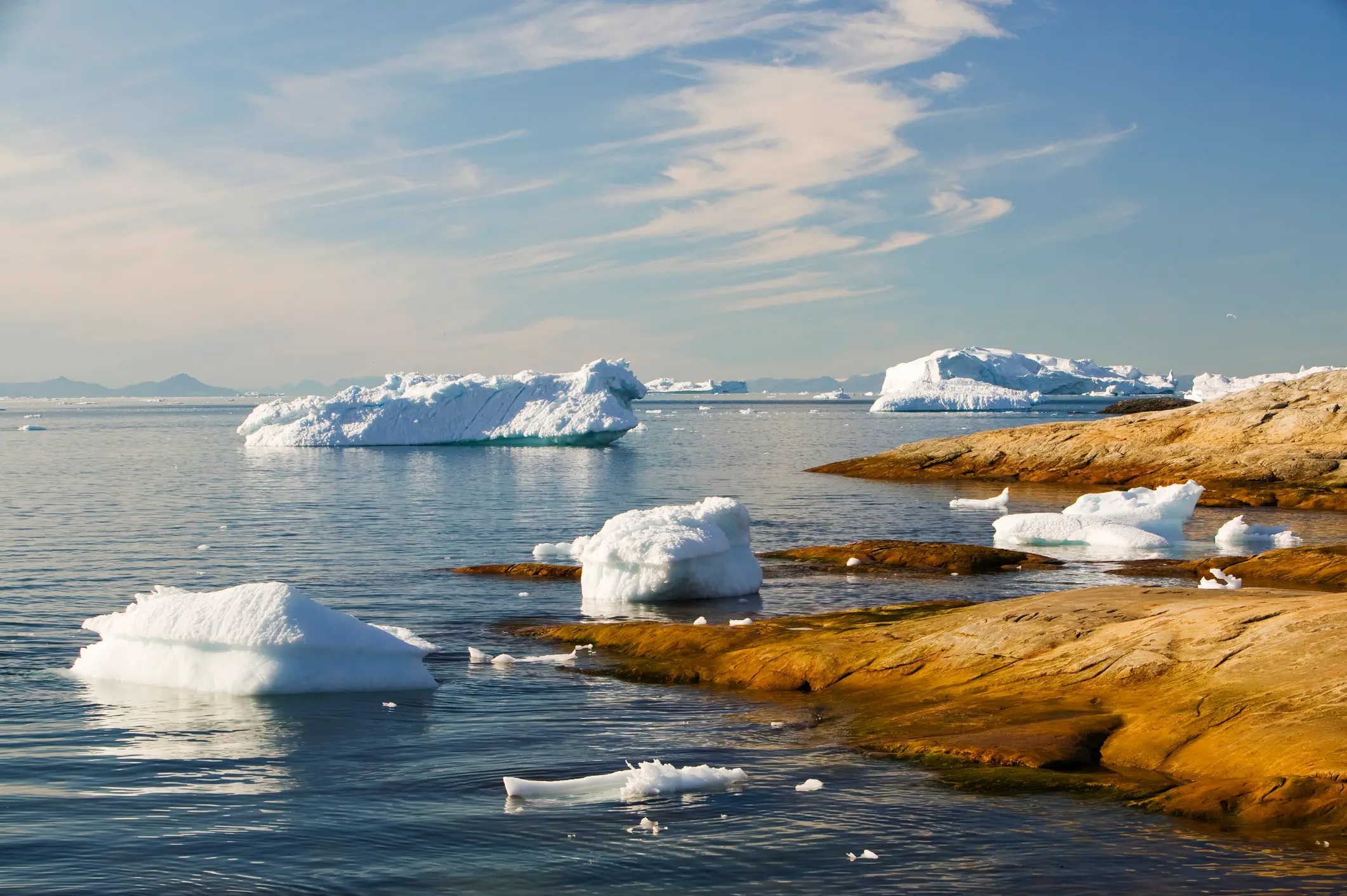
The Earth has tilted over 30 inches over the course of almost two decades and scientists have now discovered why.
A study published in the journal Geophysical Research Letters has revealed that in less than 20 years, our blue planet had tilted 31.5 inches and there's actually a pretty simple reason why.
Despite Earth's rotational pole changing quite frequently, there's one cause that has the biggest impact.

Advert
“Earth’s rotational pole actually changes a lot,” said study lead and geophysicist Ki-Weon Seo.
Turns out that pumping groundwater has a pretty big impact on our planet's tilt and rotation.
“Our study shows that among climate-related causes, the redistribution of groundwater actually has the largest impact on the drift of the rotational pole," added Seo.
The study looked at data from the year 1993 up until 2010 and found that extracting 2,150 gigatons of groundwater has resulted in the Earth tilting by 31.5 inches.
As the groundwater eventually ends up in the ocean, the redistribution of water is also causing the sea level to increase.
To put this into context, the tilt equates to a 0.24 inches rise in sea level, which is pretty significant.

Groundwater sits below the Earth's surface, often in soil and within rocks and mainly comes from rain or other surface water that slowly filters into the ground.
Gradually, it channels down into aquifers, which are bodies of rock that hold the water either until it filters through - often into springs or wells - or if it's extracted.
Groundpumping is often used for consumption, irrigation or mining purposes, but it appears to be having a drastic impact on the planet.
“I’m very glad to find the unexplained cause of the rotation pole drift,” Seo added.
“On the other hand, as a resident of Earth and a father, I’m concerned and surprised to see that pumping groundwater is another source of sea-level rise.”
Meanwhile, Surendra Adhikari, who worked on some NASA research published in 2016 - which also pointed to groundwater pumping affected the Earth's axis - added: “They’ve quantified the role of groundwater pumping on polar motion and it’s pretty significant.”

There are certain areas in which groundwater pumping is more of an issue, including regions in North America and northwestern India.
It's hoped that understanding how groundwater pumping impacts our planet can help researchers in combatting the increasing sea level.
“Observing changes in Earth’s rotational pole is useful for understanding continent-scale water storage variations," Seo added.
Topics: Science, Space, Environment
